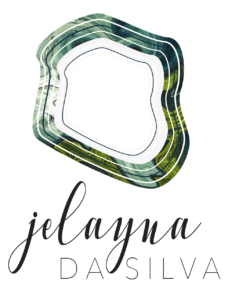
After writing about the yamas I had some wonderful conversations with students and teachers alike. They appreciated having the yamas talked about in a more practical voice. I was heartened to hear the more modern, realistic view of the yamas made them slightly more approachable and maybe even a tad bit enticing.
I’d like to apply the same voice to the niyamas. Arguably, the niyamas are tougher than the yamas. They start to get a bit more hands on, diving deep into things like self study, purification, and ridding oneself of destructive habits. That last sentence has the appeal of a 90 minute yoga class in a 40 degree celsius room, with no music and an annoyingly hot, sculpted instructor named “Chad” telling you to hold plank for 20 breaths at a time.
Well “Chad” you go ahead and have that third green smoothie of the day. I’ll be over here sipping tea in the yoga lounge with my buddies, laughing about you tube clips filled with puppies and comedians. At least that’s the vibe I’d like to take when approaching the niyamas. Like tea, the niyamas are good for you. I’ve learned it’s all about the mindset you use to break them down. You gotta know how to brew, serve, and sip them slowly with a smile. Chug them too fast, and you gonna get burned.
The first niyama I’d like to look at is Svadhyaya – the idea of self study. Taking time to look at our life lessons, habits, and behaviors and allowing them to teach us about ourselves and the world we reside in.
Self study can be wrought with tricky stuff. Especially if you have negative, self-berating chatter picking away at you. This is where approaching self study with the wisdom of those who came before you tucked into your back pocket is extremely helpful.
By relying on sage advice from resources like the yoga sutras or Buddhism, for example, we enter into the sometimes arduous work of self observation filled with the unbiased, and well lived advice of those who have existed before us.
If we try to do it ourselves, it is the blind leading the blind. Relying on friends, family or therapy to help in this process is wise. Inviting those you trust and esteem into the process of self analysis is so important.
We were not meant to do this alone.
But tiny does not mean unimportant.
Taking the time to understand yourself will inevitably lead to understanding the world you are a part of on a deeper level.
But please, oh please, if you forget everything else from this blog post – take these words with you:
Be kind to yourself as you gaze inward.
As you encounter the ‘not so savoury’ things of you, understand they are still a part of you, not to be hated, but understood and handled with wisdom, patience and love.

